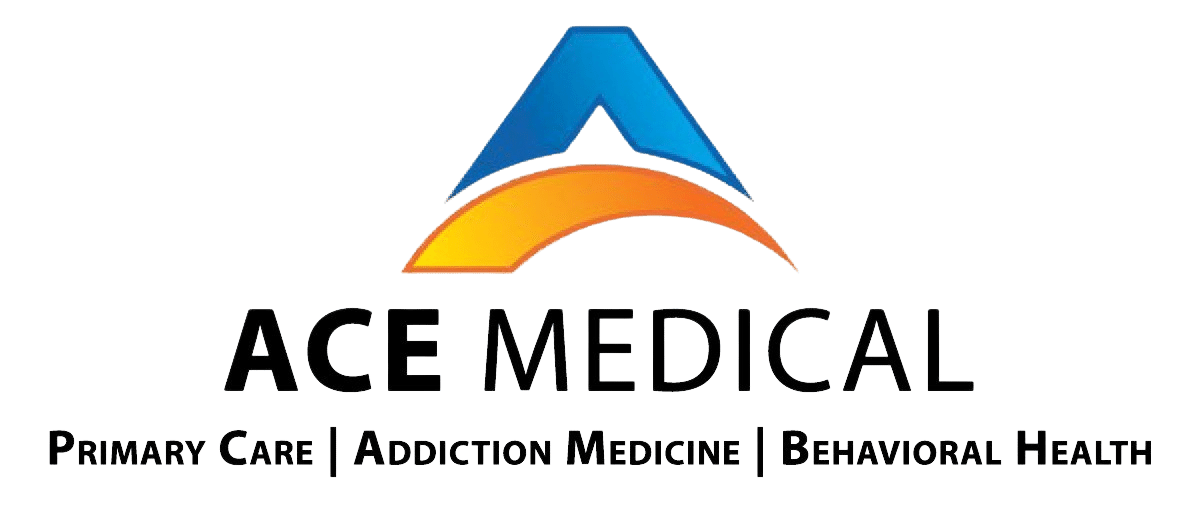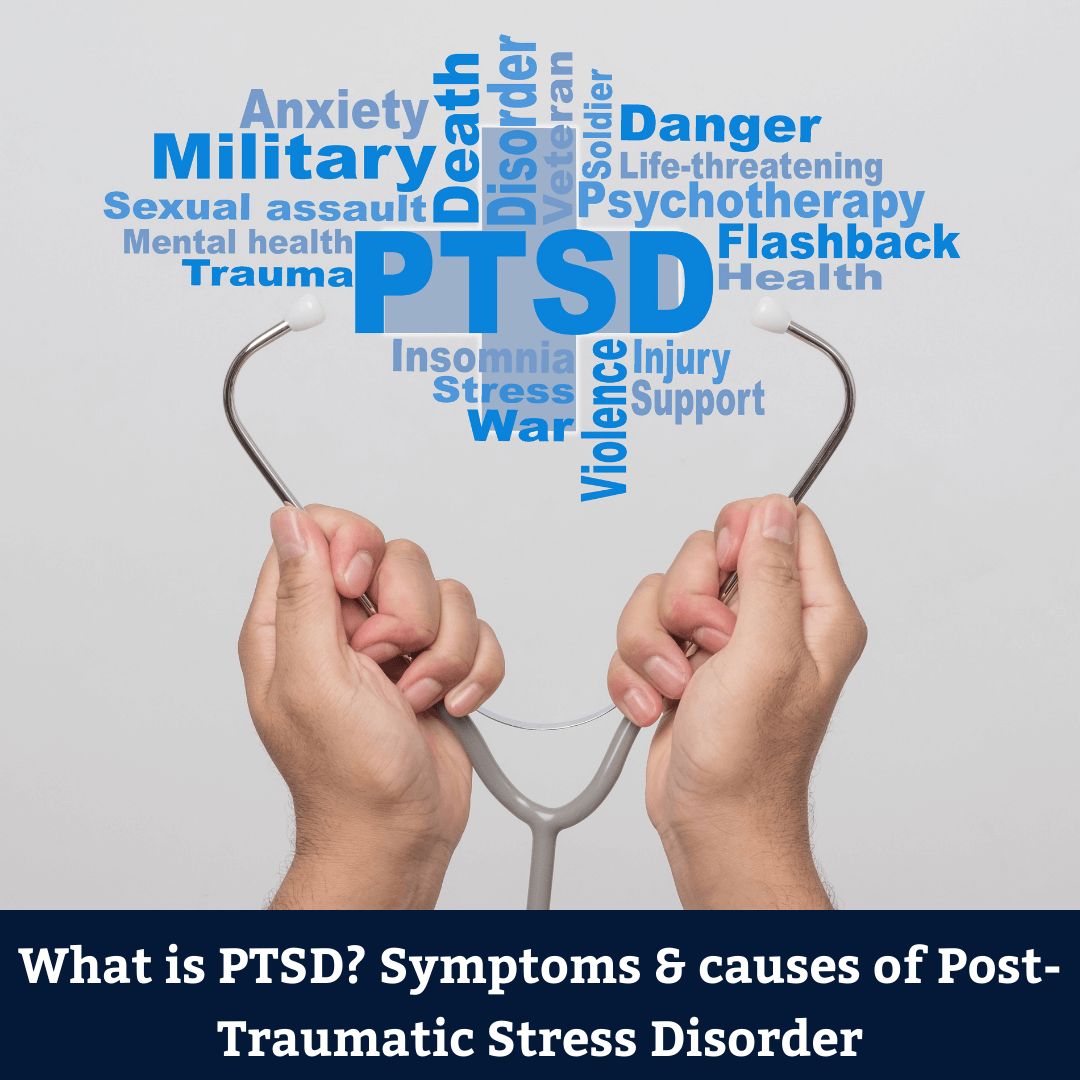Post-traumatic stress disorder or PTSD is an anxiety disorder that can develop after a person experiences or witnesses a life-threatening event. People with PTSD often have flashbacks, or they feel frightened or anxious in situations that remind them of their initial trauma. In this blog post, you can understand the causes and symptoms of Post-traumatic stress disorder and how it can be cured with treatment options.
What is PTSD?
PTSD is a mental health condition. It occurs when you suffer from prolonged exposure to very stressful experiences. In addition, you may experience nightmares and flashbacks from the trauma, such as when you are driving in a car, walking down a street, or going into a shopping mall and seeing something that reminds you of the traumatic event.
PTSD Symptoms
Post-traumatic stress disorder (PTSD), like all other mental disorders, has a very broad definition to encompass all of the symptoms which could arise from it. According to medical resources, there are four main categories of symptoms that are likely to be associated with post-traumatic stress disorder: intrusive memories, avoidance behaviors, emotional detachment, changes in feelings and reactions, and negative changes in thinking and mood.
Some of the common symptoms include;Reliving the traumatic event, such as through nightmares or flashbacks.Staying away from places, activities, or people that remind you of the traumatic event.Problems concentrating or sleeping.Feeling strong guilt, depression, or worry.Loss of interest in enjoyable activities.Feeling emotionally numb and cut off from your emotions.Feeling jumpy or irritable, or having outbursts of anger.Feeling hopeless about the future.
PTSD Treatment
Treatment for post-traumatic stress disorder (PTSD) can help you regain a sense of control over your life. PTSD treatment may involve psychotherapy, medication, or both. Several types of treatment options are available if you are suffering from post-traumatic stress disorder. The most often prescribed method of treatment is psychotherapy. Medications and other types of physical treatment options are also prescribed. Your doctor will formulate the best treatment course of action for you.
Psychotherapy for PTSD
The most often prescribed method of treatment for PTSD is psychotherapy. It is also called counseling or talk therapy. There are several different approaches to psychotherapy that have proven effective in treating PTSD.
Cognitive Therapy for PTSD
CBT teaches you strategies to change how you think and act to feel better. CBT helps you understand your triggers so that you can learn to avoid them or react differently when they occur. CBT may include exposure therapy, which involves confronting the source of your trauma in a safe environment so that it no longer has the same emotional power over you. Exposure therapy can be done individually or with a group, and it can be conducted by a therapist in person or virtually through the use of virtual reality technology.
PTSD Medications
Medication can be useful for treating post-traumatic stress disorder, especially when used in conjunction with therapy and other treatments. The two most common types of medications that help to treat PTSDT include antidepressants and anti-anxiety medications. If you or your loved ones are looking for PTSD Treatment in Jacksonville, contact Ace Medical to get the best treatment from a highly experienced medical professional.
Here is some advice to get recovered from post-traumatic stress disorder (PTSD);Be aware of the medications you are taking, including dosage and timing. If things are not changing as expected, talk to your doctor about possible adjustments in medication or other treatment optionsBe an active participant in your care – take a written list of questions to doctor appointments and make sure they are answered before you leavePay attention to changes in your behavior, mood, or thinking, even if they seem insignificant or unrelated. You know yourself better than anyone else – keep track of what is happening with you, as well as how effective your treatment is in addressing these changes.Get plenty of sleep – those who get at least 7-8 hours of sleep each night have a lower risk of relapse. Avoid over-sleeping; being awake for at least 16 hours a day helps regulate




